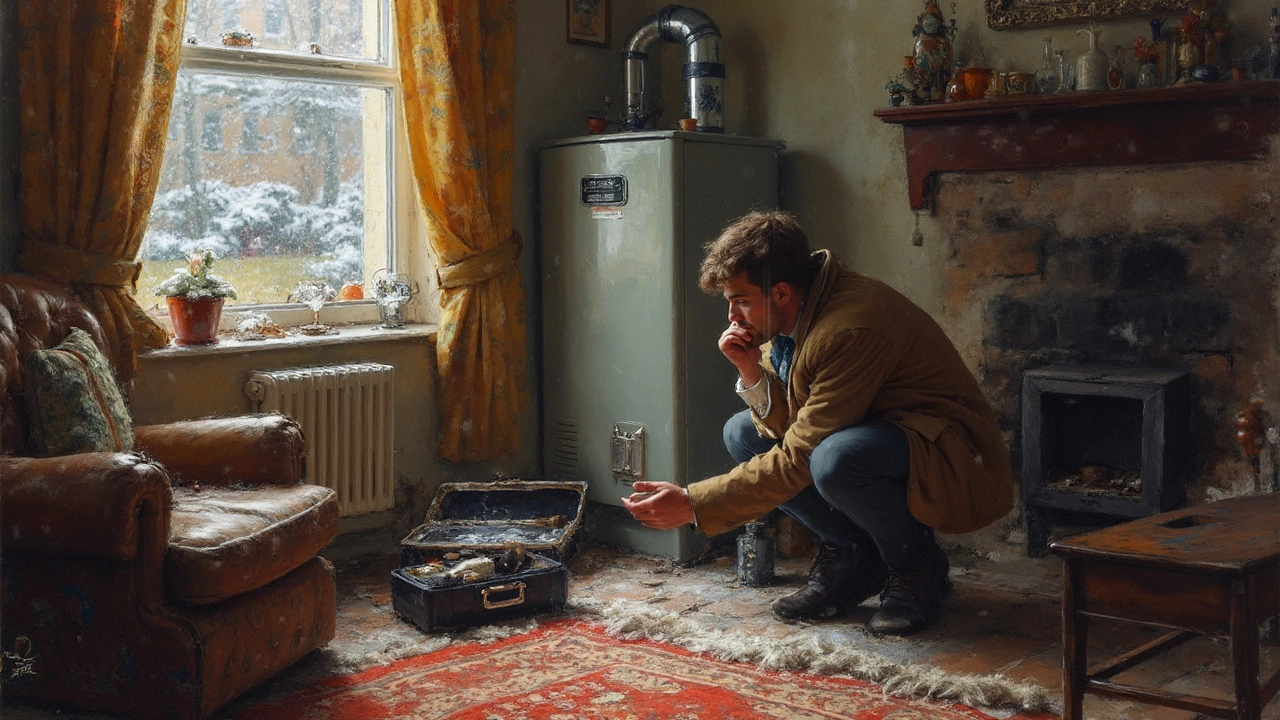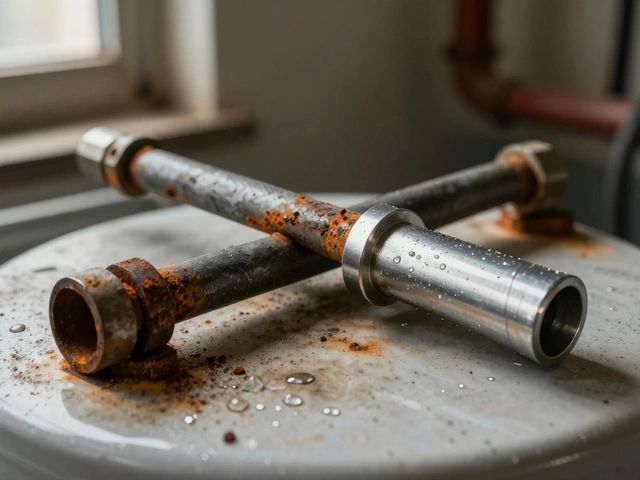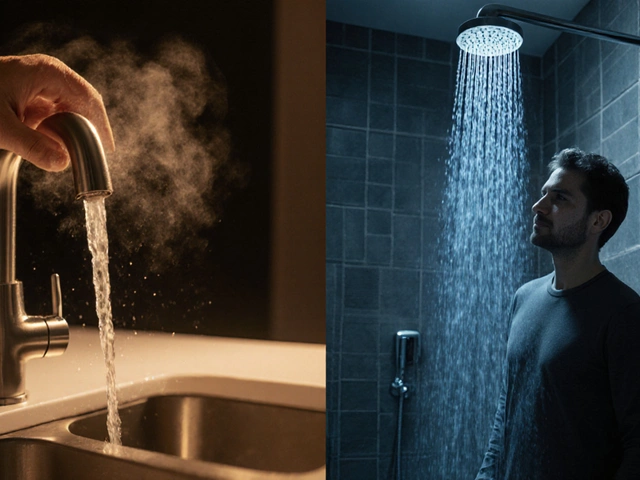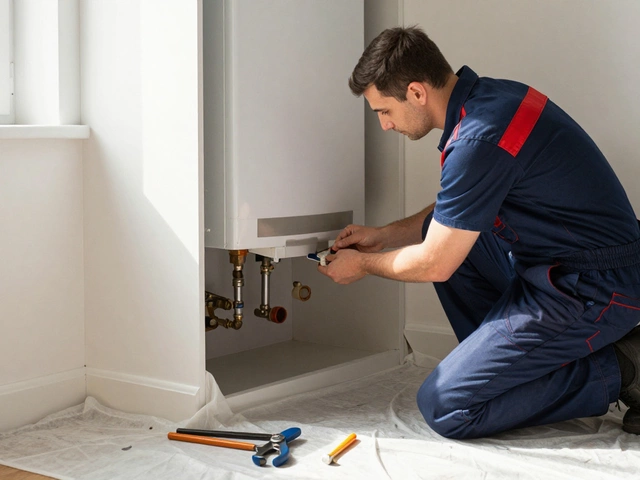If your boiler stops heating or makes weird noises, you don’t have to panic. Most issues are small and can be sorted fast, saving you a call‑out and a hefty bill. Below we walk through the most common boiler hiccups, quick checks you can do yourself, and clear signs when you should call a qualified engineer.
No Heat or Hot Water – First, make sure the thermostat is set higher than the room temperature and the timer is on. Check the pressure gauge; most boilers need a pressure between 1 and 1.5 bar. If it’s low, use the filling loop to top it up until the gauge reads within range. Bleed any radiators that feel cold at the top – a simple key will release trapped air and often restores warmth.
Strange Noises – A clicking or whistling sound usually means trapped air or a build‑up of limescale. Turn the boiler off, let it cool, then bleed the radiators and clean the heat exchanger with a descaling solution if you feel comfortable. If the banging persists, it could be a pump issue, which is best left to a pro.
Leaking Water – Look around the pipework and the boiler body for any drips. Small leaks from the pressure relief valve may just need a replacement washer. Tighten any loose connections with a wrench, but don’t over‑tighten. A large leak or one coming from the main boiler casing means a serious fault – shut the system off and call an engineer.
Even if you’re handy, boilers involve gas, water, and electricity – a wrong move can be dangerous. Call a Gas Safe registered engineer if you see any of these signs:
These issues need professional tools and knowledge. Trying to fix them yourself could void warranties or cause safety hazards.
Regular maintenance is the best way to avoid most problems. A yearly service checks the heat exchanger, gas valve, and safety controls, keeping everything running efficiently. If you haven’t had a service in the last 12 months, book one now – it’s often cheaper than emergency repairs.
To sum up, start with the easy checks: thermostat, pressure, radiators, and visible leaks. If the boiler still misbehaves, or if you notice any gas smell, call a certified engineer right away. With a bit of routine care and quick troubleshooting, you’ll keep your home warm and safe without breaking the bank.

Struggling with a troublesome boiler? Discover the most frequent issues like lack of heat, strange noises, and leaking water. Learn practical tips and tricks on how to diagnose and fix these problems on your own. Recognize when it's time to call a professional and keep your home warm and comfortable.

Replace your water heater's anode rod every 1-2 years in hard water areas to prevent tank corrosion. A simple £20 part can save you hundreds in repairs.

A malfunctioning boiler can be a real nuisance, especially during the cold months. Understanding whether a broken boiler constitutes an emergency is crucial. This article provides insights into when to prioritize boiler repairs, potential risks associated with delayed attention, and essential DIY tips to consider before professional help arrives. Dive into valuable advice on maintaining your heating system efficiently.

Discover why hot water reaches your sink but not the shower, learn the common causes, DIY fixes, and when to call a plumber for a reliable solution.

Replacing a boiler in the UK typically takes one to three days, depending on the type of boiler, system complexity, and home layout. Most installs finish in a single day if the new unit is in the same location.

Ever opened your freezer to find squishy ice cream or thawed food when it should be rock solid? This article digs into the real reasons your freezer refuses to stay frozen, from simple mistakes to sneaky mechanical fails. Learn how to spot common culprits, fix minor issues yourself, and know when things are actually serious. Packed with practical tips and straightforward advice, you'll get the cold facts and solutions you need. No jargon, just help you can actually use.